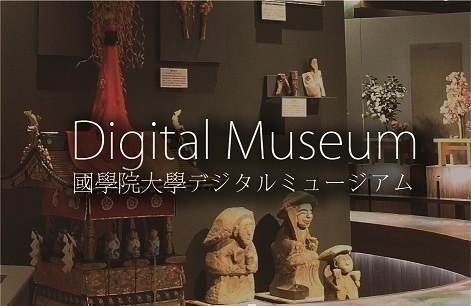- トップ
- Encyclopedia of Shinto
- Senge Toshizane
Encyclopedia of Shinto
| Main Menu: | |
| Links: |
詳細表示 (Complete Article)
| カテゴリー1: | 8. Schools, Groups, and Personalities |
|---|---|
| カテゴリー2: | Personalities |
| Title | Senge Toshizane |
| Text | (1764-1831) Scholar of National Learning (kokugaku) of the late Edo period. Common name Kiyonushi, with epistolary names Kisai and Umenoya, among others. Senge was born on the sixteenth day of the first month of 1764 as the third son of Toshikatsu, the seventy-fifth generation Izumo kokusō, chief governor of Izumo Taisha, known at the time as the shrine Kizuki no Ōyashiro. Senge traveled in his youth to Matsue, where he studied Chinese classics, and later went to Kyoto to study Suika Shintō under Nishiyori Seisai. From 1786 he undertook studies of the school of Kikke Shintō with Kamata Itsune in Iyo (present-day Ehime Prefecture). In 1792, upon the recommendation of Uchiyama Matatsu (1740-1821), Toshizane became a disciple of Motoori Norinaga (1730-1801). Though he only directly attended Motoori's lectures three times, Toshizane maintained written correspondence with Motoori for the final ten years of his mentor's life, receiving missives from his teacher in Matsusaka at his home in Kitsuki (present-day Oita Prefecture). He subsequently worked to transmit "Izumo Shintō," publishing his Teisei Izumo fudoki (The Corrected Izumo Fudoki [Gazeteer of the Province of Izumo]) in 1806, thus making that ancient and difficult-to-read document available to the public at large. Senge also opened a private academy in Kitsuki called the Umenoyajuku, where he sought to foster local interest in kokugaku through the instruction of disciples, including Oka Kumaomi (1783-1851), Iwamasa Sanehiko (1789-1856) and Senge Takahiko (1793-1873). Senge died on the seventh day of the fifth month of 1831 at the age of sixty-eight. He was the author of Amenohohi no mikami kō (Lectures on the Deity Amenohohi), Izumo no kuni shikisha kō (Lectures on Izumo Shrines Noted in the Engishiki), Michi no yachigusa (The Eight Thousand Paths), Sugi no koyama no ki (Record of the Small Mountain of Pines) and Umenoya sankajō (The Three Articles of Umenoya), among many other works. —Matsunaga Naomichi |




